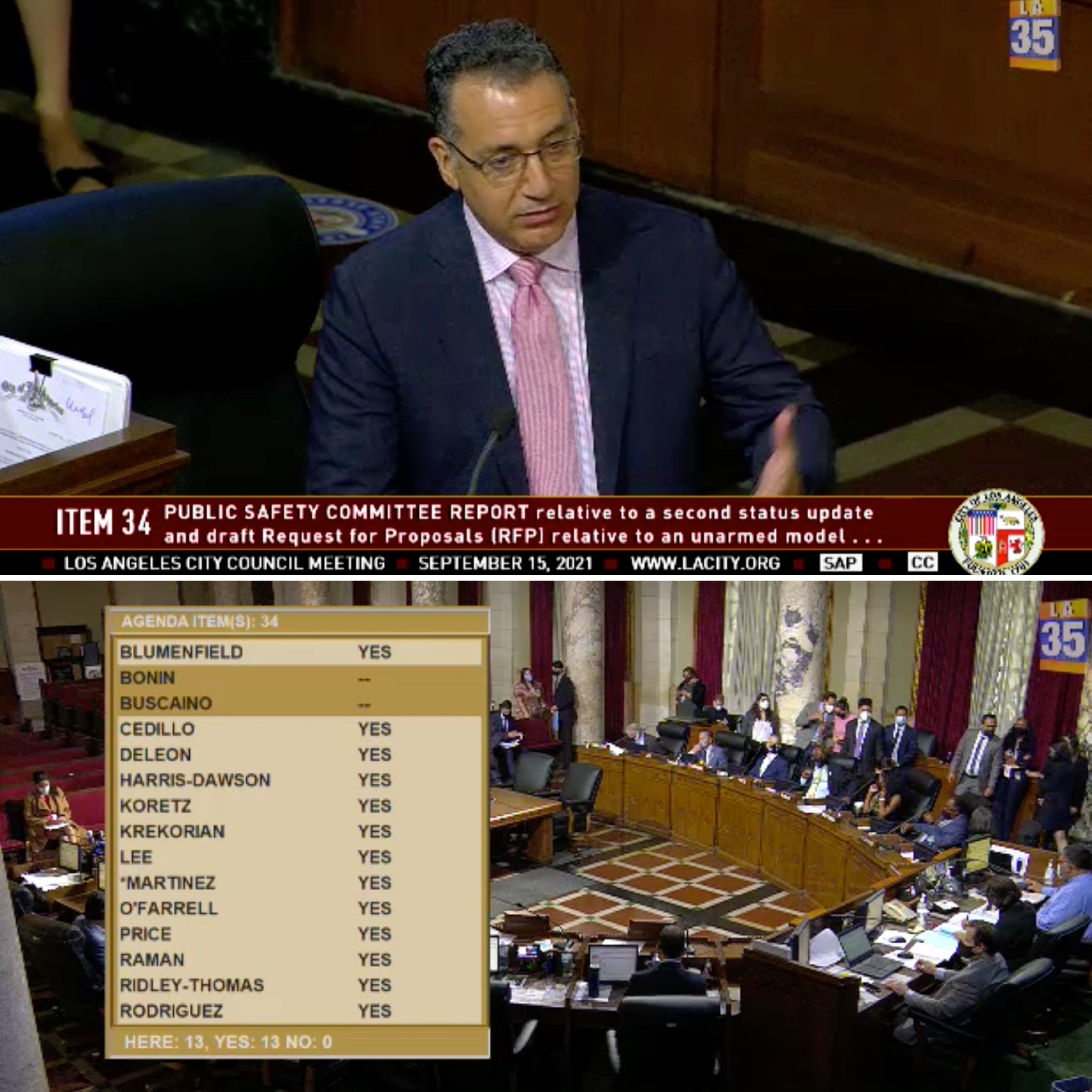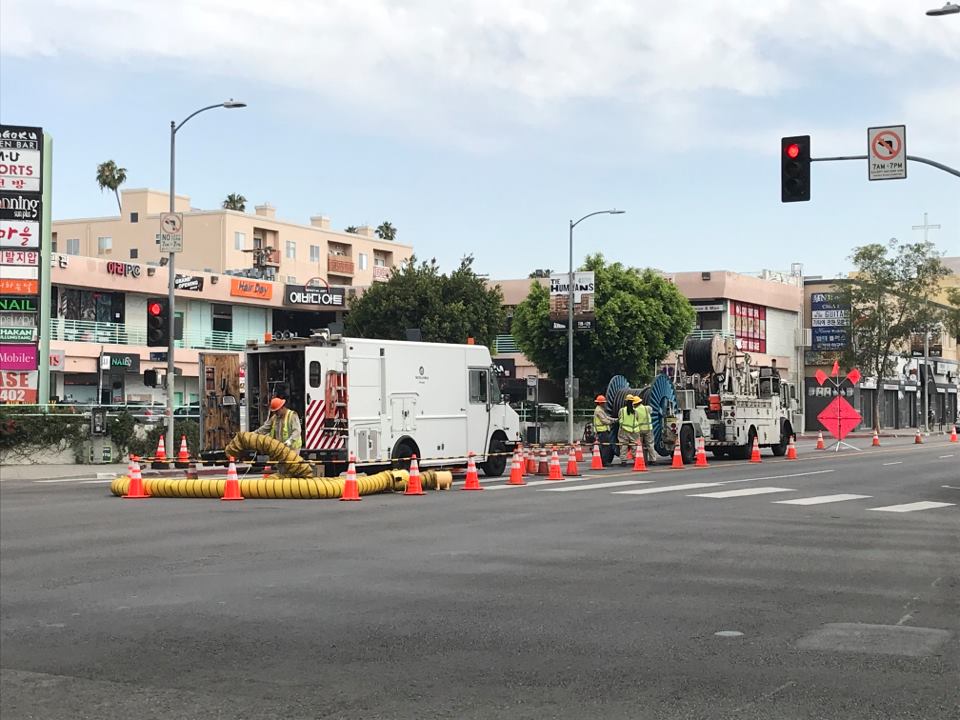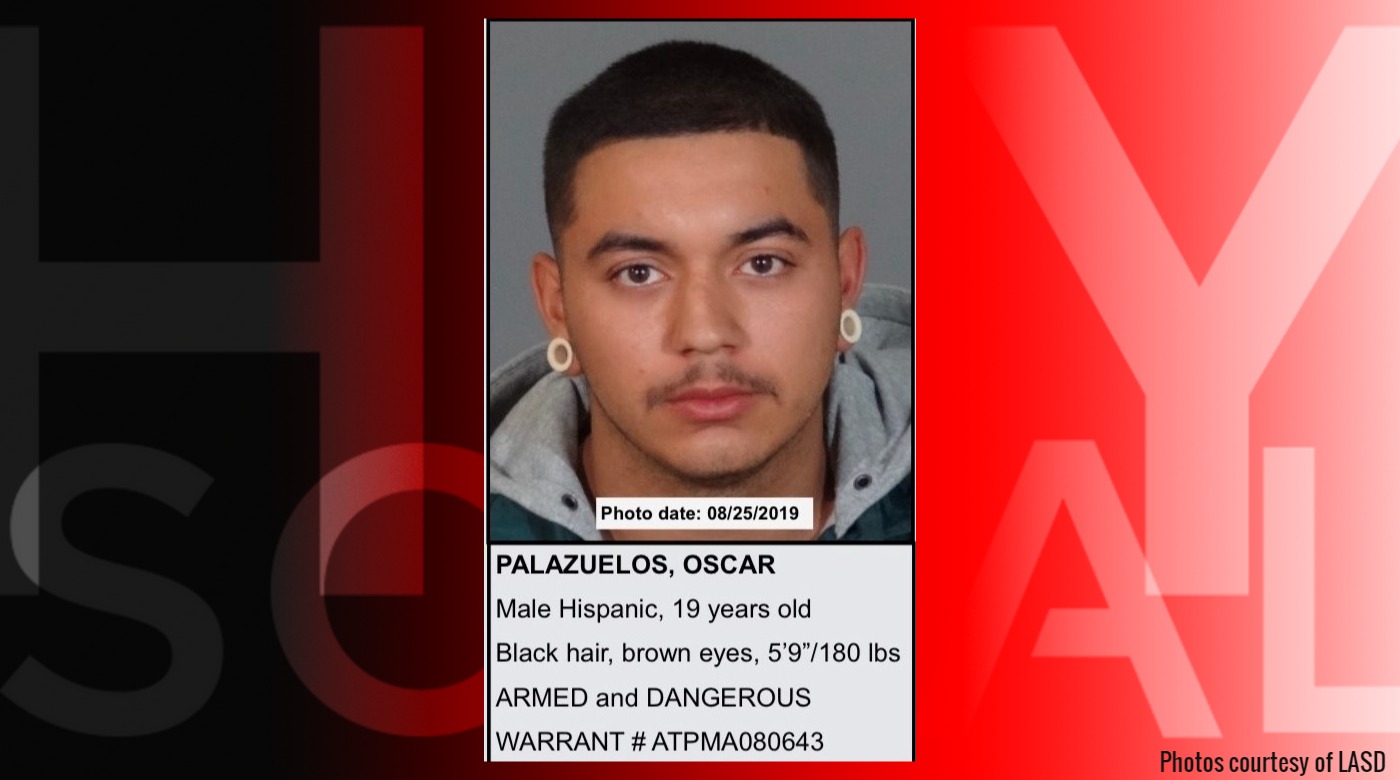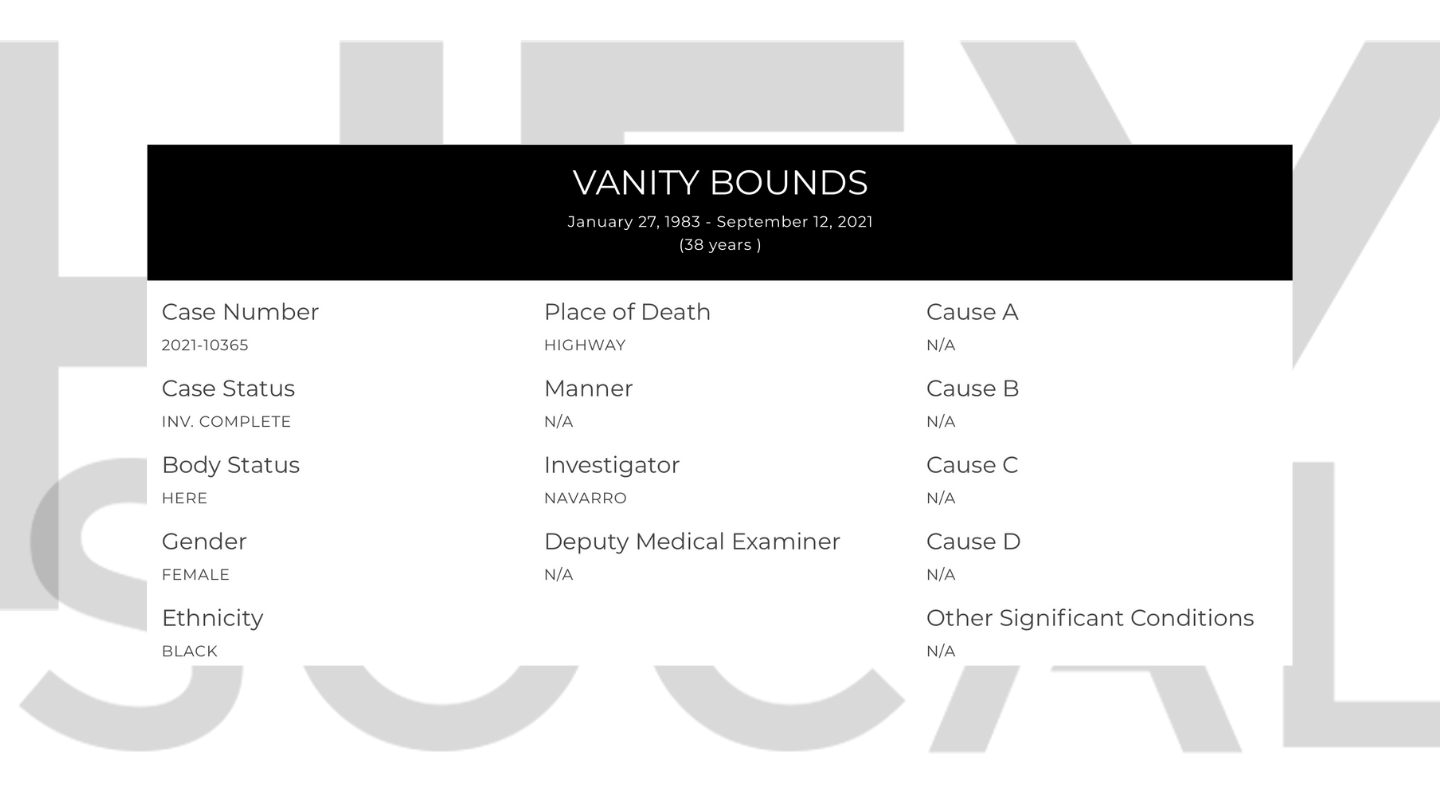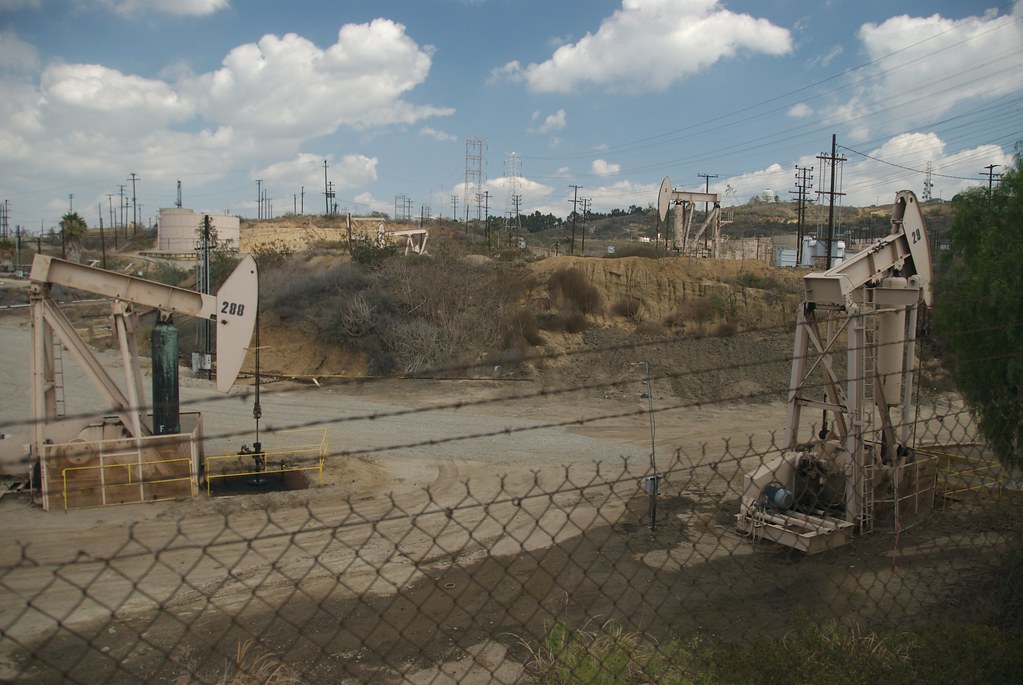The Los Angeles City Council Wednesday took a step toward developing an unarmed model of crisis response by authorizing the city administrative officer to revise and release a Request For Proposals for the program that would divert nonviolent calls for services away from police officers.
Nonprofits in Los Angeles will be able to submit proposals for a one-year pilot program for mobile crisis response. If the pilot program is successful, the city plans to increase the program to provide unarmed crisis response citywide 24 hours a day, every day.
The city will hold question-and-answer sessions during the proposal process to engage with communities and encourage submissions.
“I really want to make sure that we have a lot of bidders because there are such amazing nonprofits in Los Angeles, and they all need to hear about this and hear about the opportunity to engage because we’re really trying to create something special here,” Councilman Bob Blumenfield said before Wednesday’s vote.
Blumenfield, Council President Nury Martinez, Councilmen Curren Price and Marqueece Harris-Dawson and former Councilman Herb Wesson introduced a motion on June 16, 2020 to develop an unarmed model of crisis response.
The program will be modeled after the Crisis Assistance Helping Out On The Streets, or CAHOOTS, program that has been in operation in Eugene, Oregon for about 30 years. The program diverts about 17% percent of 911 calls in Eugene.
“Law enforcement is always critical to keeping our neighborhoods safe, but we can’t keep asking our officers to also be social workers, mental health clinicians and outreach workers,” Blumenfield said.
According to Martinez’s office, the city conducted a survey and found that 74% of the 3,080 respondents support a robust unarmed crisis response program.
Regarding what the team would respond to, 87% of respondents said they should handle welfare/wellness checks, 85% said they should handle mental health crises, 83% said they should handle suicide threats and suicidal thoughts, and more than 64% said that they should handle substance abuse crises, behavioral distress and conflict resolution.
“Today’s vote is another step in the right direction towards a Los Angeles that uses our police for appropriate situations — not as a catch-all for every issue,” Martinez said in a statement after the vote.
“Police officers are not social workers, outreach workers, mental health specialists, or what our community needs when facing a non-violent crisis. This move towards unarmed response means that there will be a centralized, intentional resource at our disposal to respond to calls for service. I am proud to say that once we have selected an organization who can meet our city’s needs, we will be one of the largest cities to move to unarmed responses for non-criminal emergencies,” she added.
On Feb. 23, council members heard an update on the program’s development, which could be ready during the 2022-23 or 2023-24 fiscal years.
“Basically what the program would do would be to divert nonviolent 911 calls to health care professionals and interventionists away from an (LAPD response) … We understand it’s a high priority for the council and the community in general so we take this very seriously,” Chief Administrative Analyst Ed Roes told council members during the update.
A mandatory bidder’s conference for potential vendors and partners will be held two weeks after the Request for Proposal’s release, and proposals will be due 45 days after the release, according to a June 30 report from the CAO.
Proposals will be evaluated by a review committee made up of city representatives and other government entities chosen by city officials. Applicants will submit narratives and supporting documentation to show their ability, proposed program design and cost. They’ll be evaluated on a system with a maximum score of 100 points, with 40 points for program design, 40 points for demonstrated ability and 20 points for cost.

